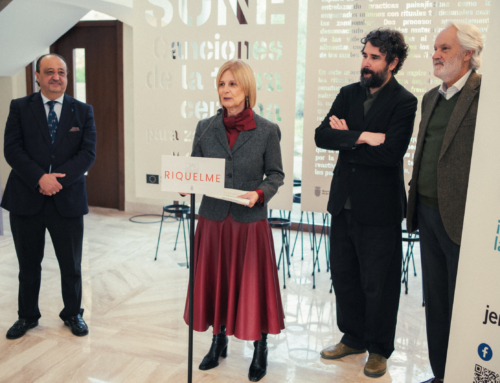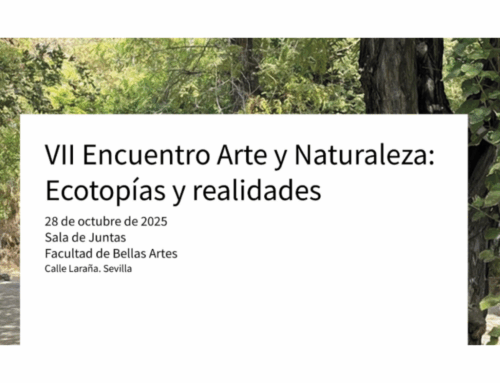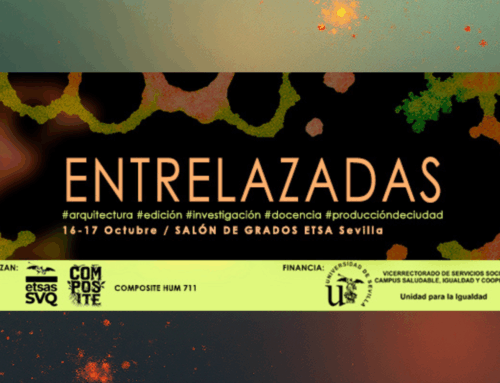Last week, Francesca Berni had the chance to conduct a presentation entitled “Exploring Mycelium in Urban Water Management Through Autopoietic Processes and Holistic Perspectives: Insights from the Polish City of Łódź” during the first Nature in the City event at Sciences Po Paris Campus.
The study results from a collaboration with Irene Bianchi and Giambattista Zaccariotto, initiated during the first PALIMPSEST residential workshop in Łódź.
The potential of mycelium-based systems in urban water management, focusing on autopoietic processes and holistic approaches highlights possible strategies for integrating spatial disciplines with natural and ecological studies in urban contexts in times of climate change. By drawing on mycelium’s network properties, the investigation envisions adaptive, sustainable urban water systems that align with ecological principles and first local context reflections.
The two-day conference, beautifully curated and coordinated by Francesca Ferlicca, Ilaria Milazzo, Manisha Anantharaman and Tommaso Vitale was sealed with fascinating discussions on Nature-Based Solutions (NBS) and their role in addressing global challenges at several urban scales. The collateral activities, such as the performative walk in the campus garden at night facilitated by artist Carmen Bouyer and the excursions organized by Ville de Paris-Direction des Espaces Verts et de l’Environnement, provided a hands-on opportunity to explore the themes discussed during the parallel sessions materially, seamlessly integrating physical experiences with intellectual debates. Francesca came away with fresh perspectives, especially on water scarcity and equitable resource management, and a deeper appreciation for the incredible work being done in this field.
Now it’s time to dive back into our work on the mycelium-water connection and landscape-related implications with a renovated glance and enriched perspective.
Published on: December 19, 2024










